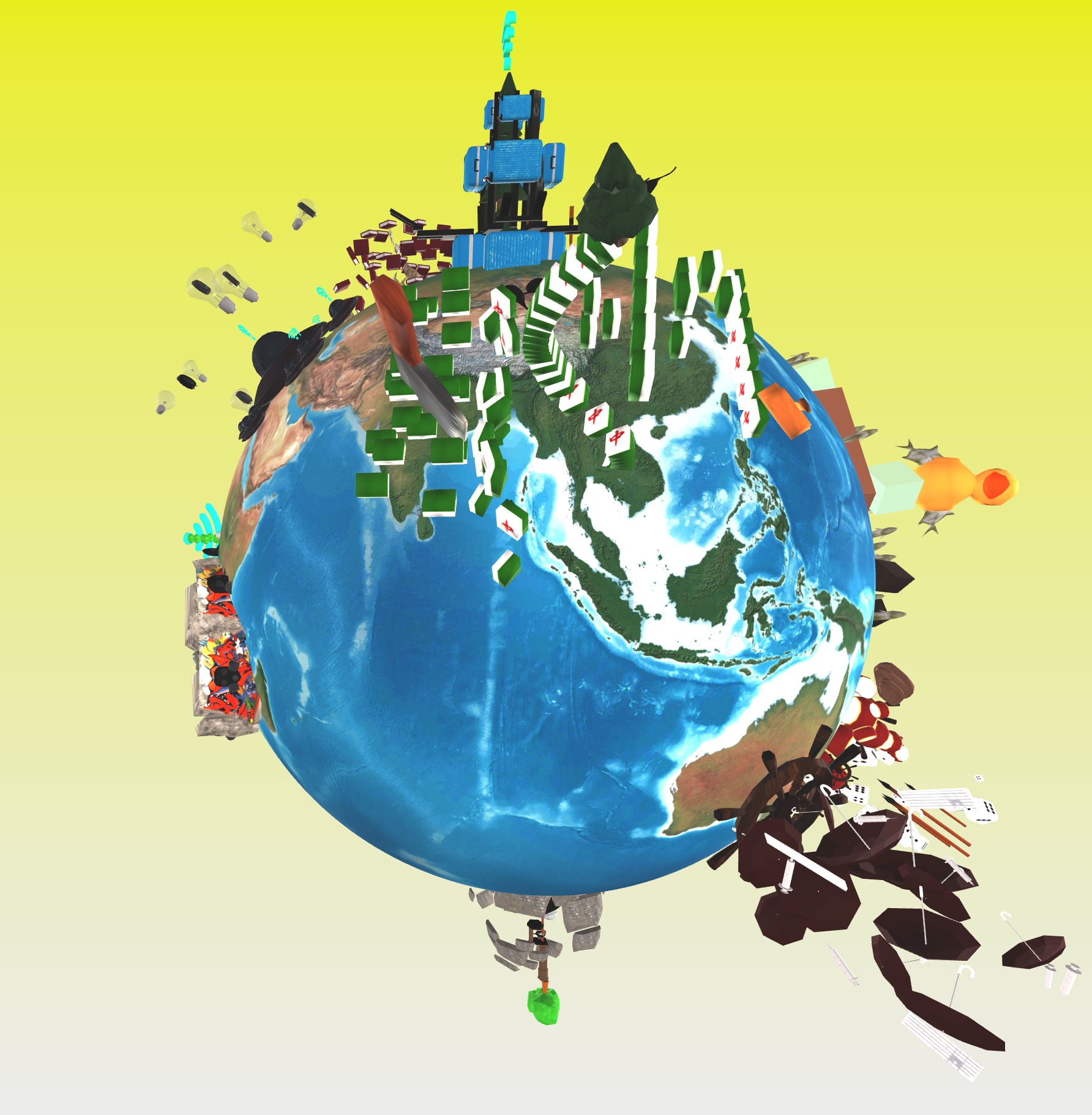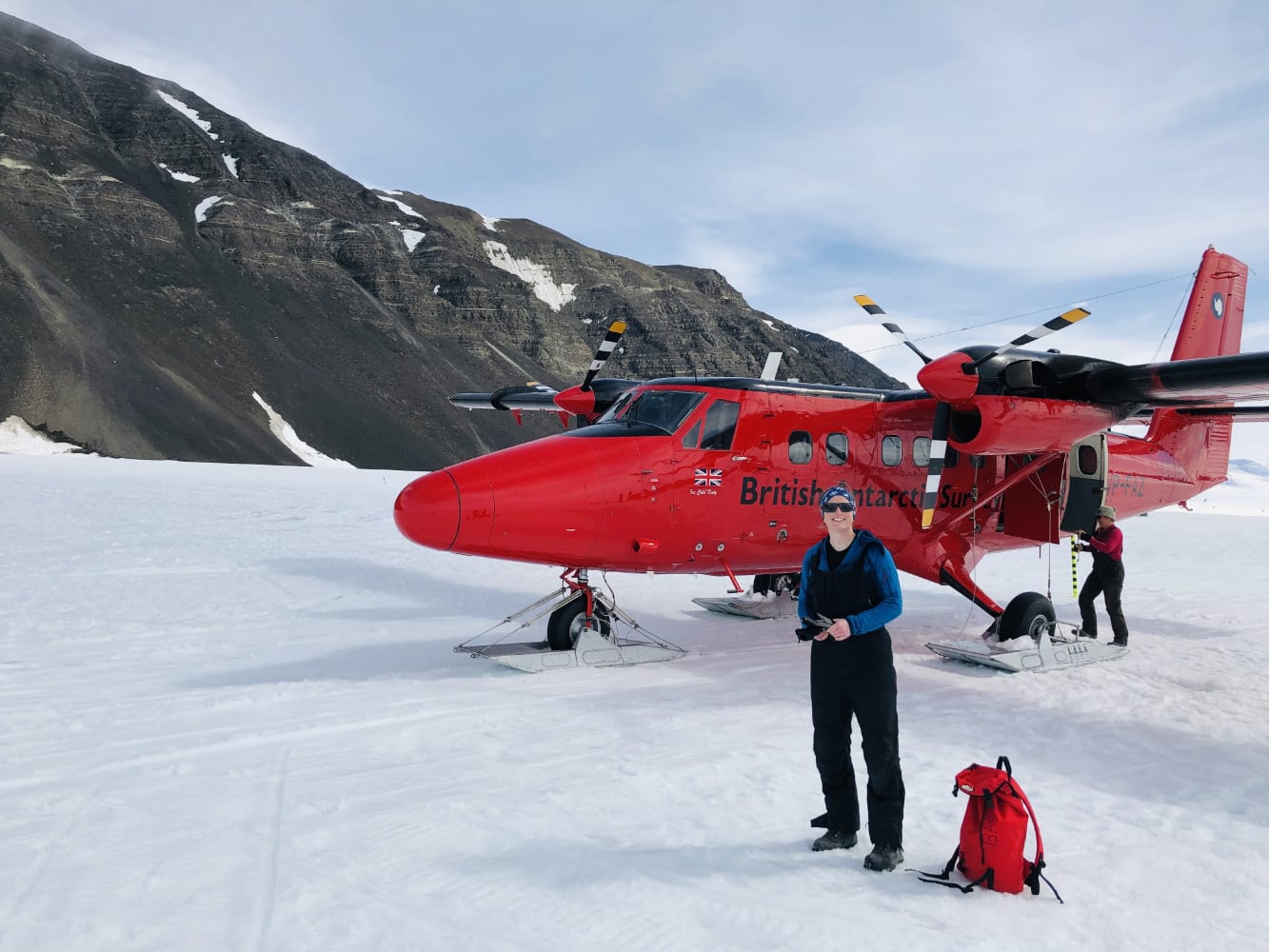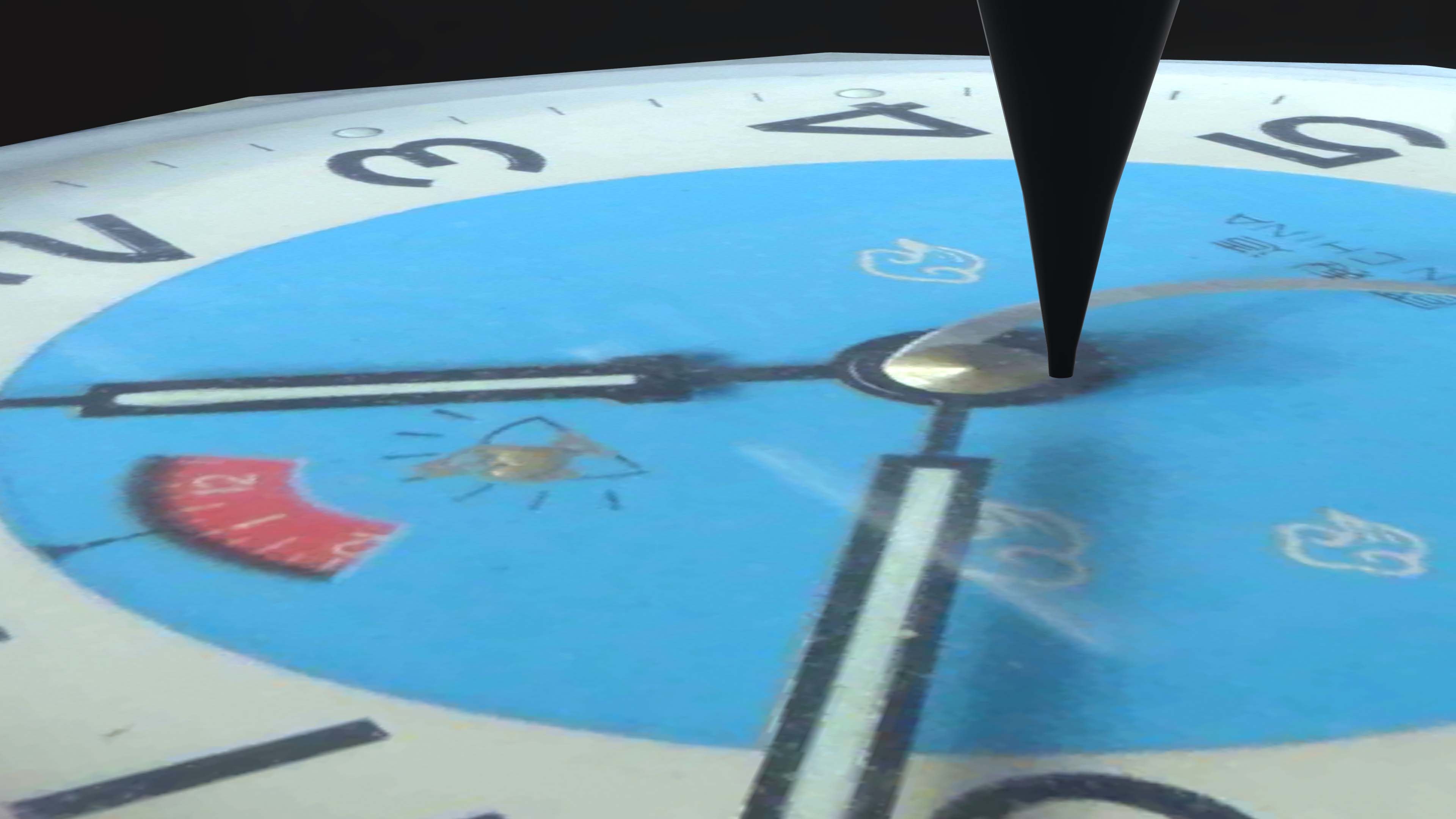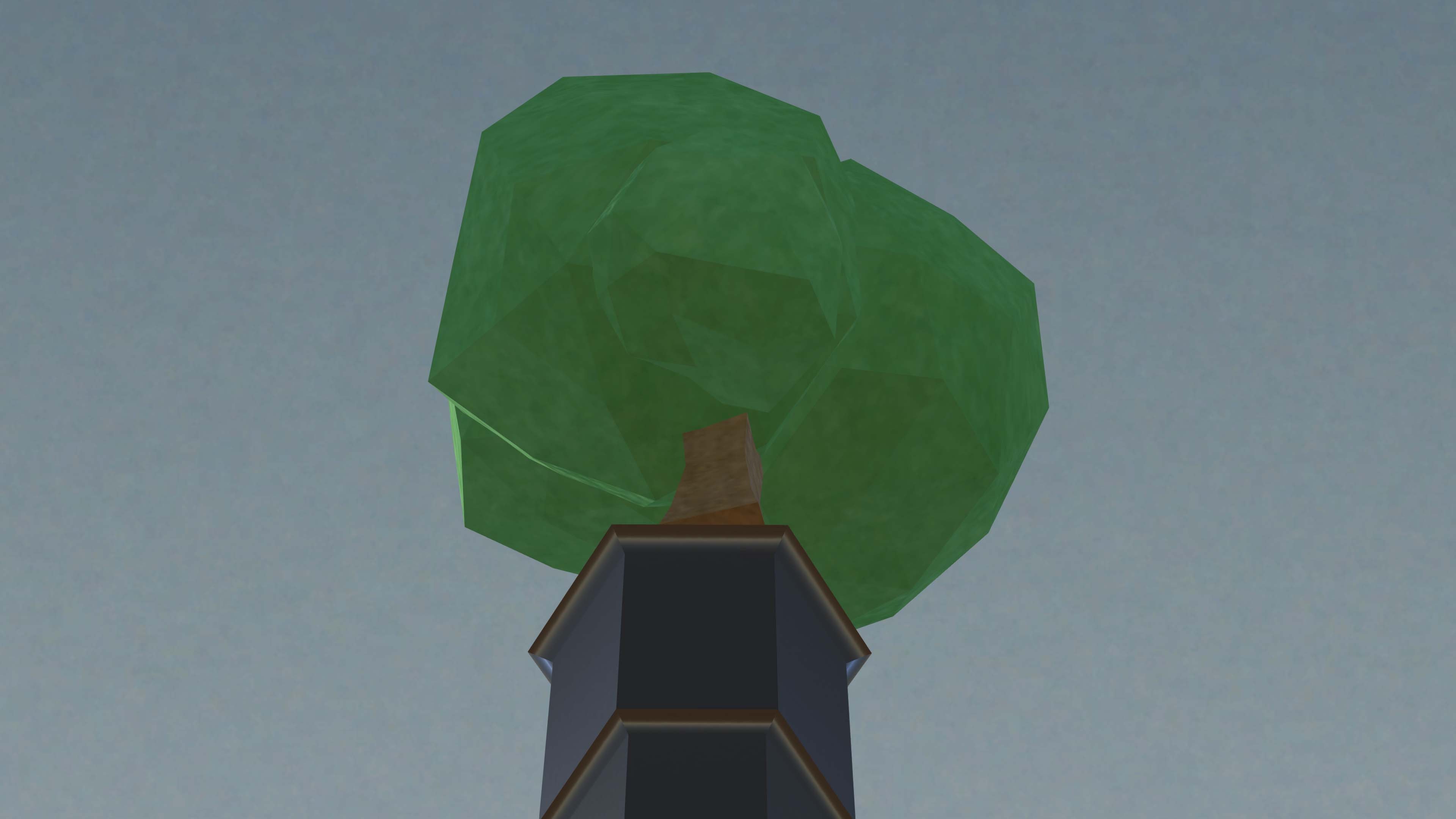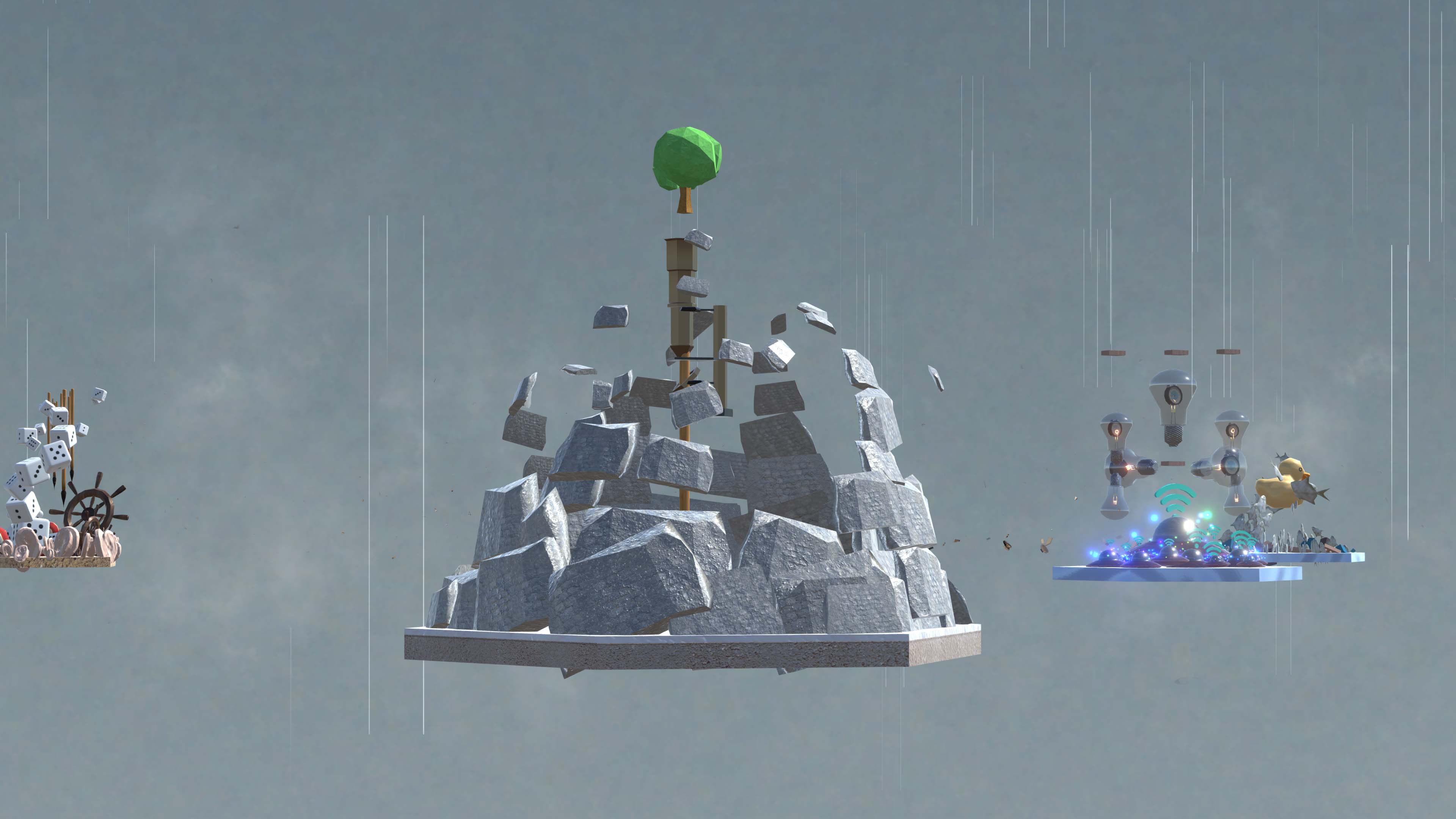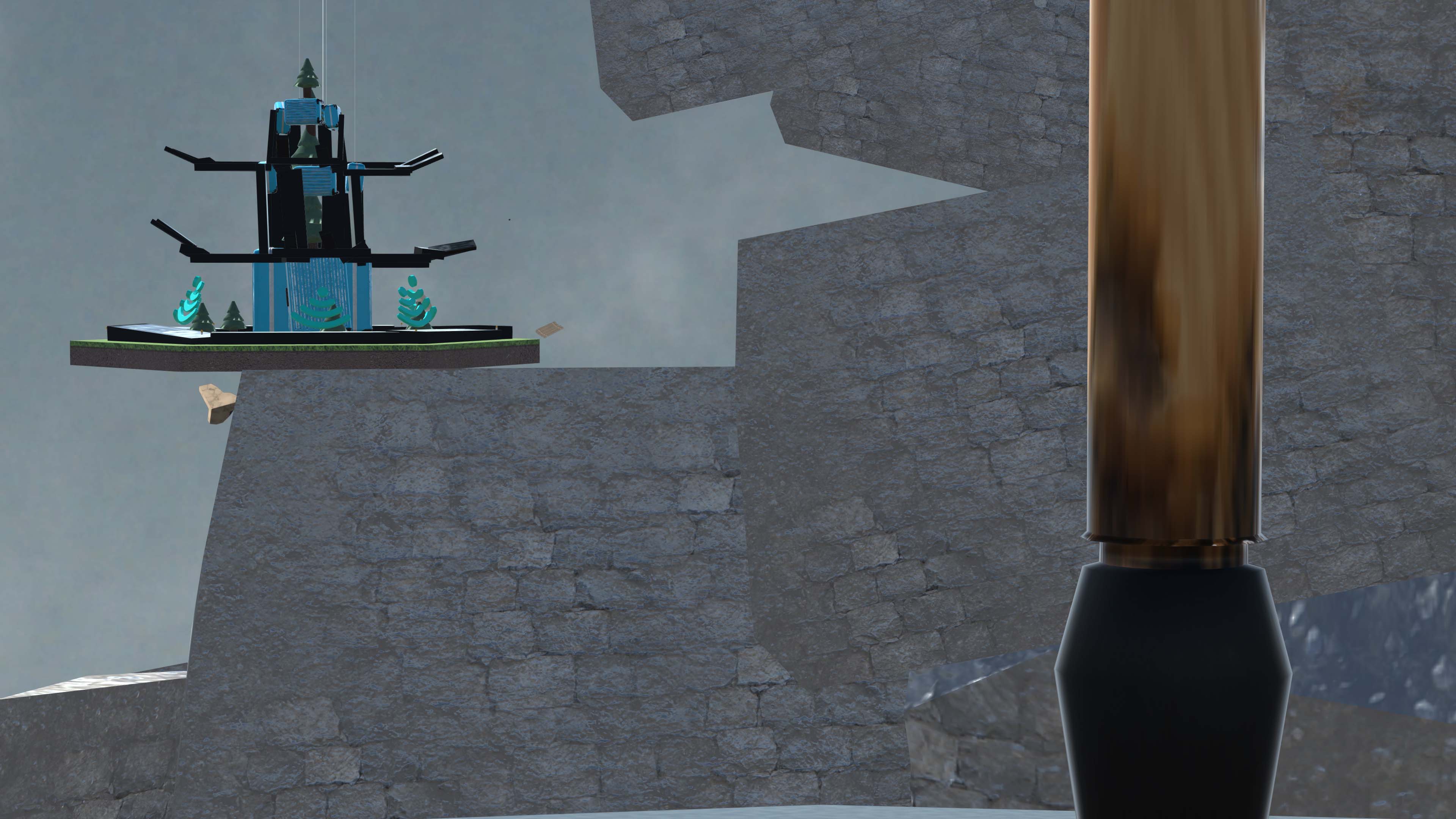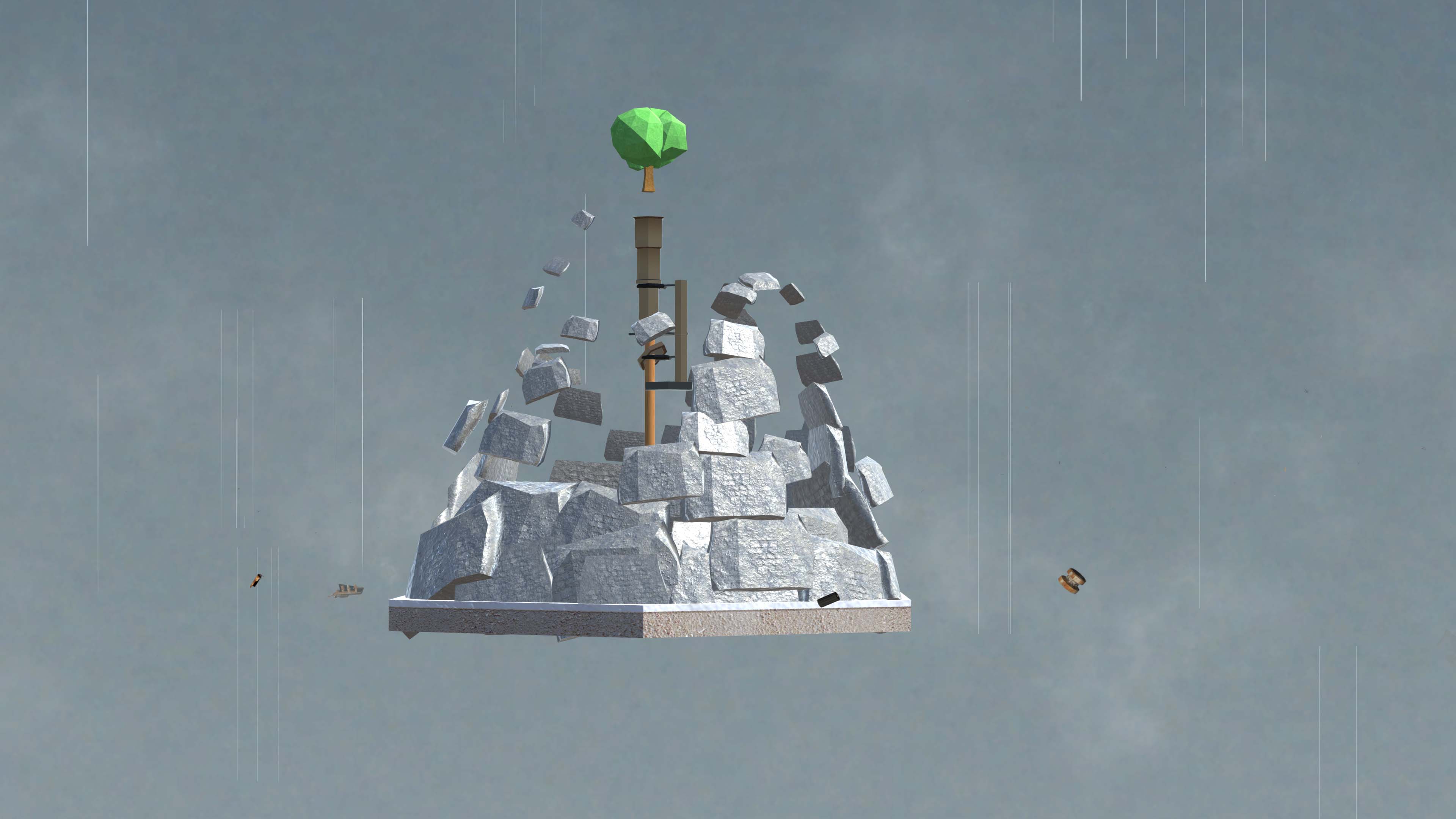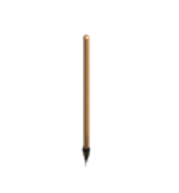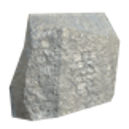Live & work down in Antarctica during the austral summer for the British Antarctic Survey at Rothera Scientific Research Station (Station support staff). Organised the first ever game of Quidditch to be played in Antarctica (not part of my job role!).
Northern hemisphere summer spent living and working in the Eskdale Valley (usually for the Youth Hostel Association).
Enjoy running, drawing, open water swimming. Also writing and photography.
